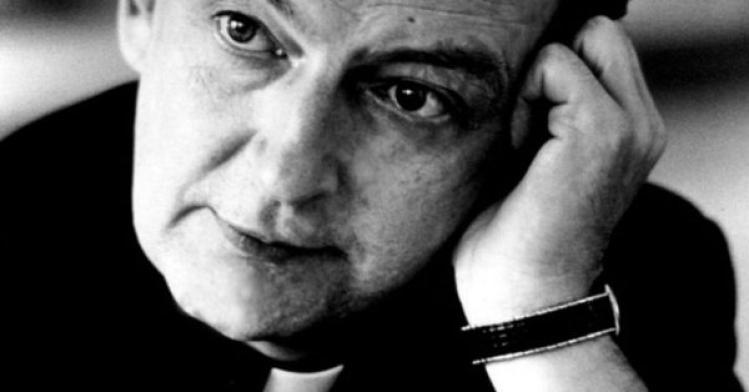
Some conservative Catholics have blamed Pope Francis for sowing division among the members of the Body of Christ. But the charge is more properly lodged against one of the heroes of conservative Catholicism: the late Richard John Neuhaus.
It was Neuhaus, after all, who advanced the view that conservative Roman Catholics have more in common with orthodox Jews and Evangelical Protestants than they do with progressive members of their own religious communities. In fact, that view was an operational premise of First Things magazine under his leadership. This approach is based on a thoroughly distorted view of religious realities and commitments.
Does honoring Jesus as the Son of God count as a commonality? Like their conservative counterparts, progressive Roman Catholics acknowledge the divinity of Jesus Christ, and find the interpretive key to the Hebrew Bible in the New Testament. Orthodox Jews do not—indeed, must not—treat Jesus as the Messiah foretold in the Book of Isaiah. It would be blasphemous for them to do so.
Does living in the grace imparted by the sacraments count as a commonality? Both progressive and conservative Roman Catholics believe that God’s grace is channeled through the seven sacraments. Many Evangelical Protestants do not have the same view of grace or the sacraments; they often view the Eucharist as a memorial of a past event, not a way of being present with Christ here and now.
Moreover, the Catholic sacramental imagination nurtures what is often called a Catholic sensibility—which includes a more positive view of the relationship between created nature, human culture, and redemption than many Evangelical Protestants would allow. Both progressive and conservative Catholics tend to be sensitive to the goodness of all of God’s creation—despite the grave wound of sin. It is this foundational anthropological belief that accounts for the relative hopefulness of the Catholic tradition. Catholics believe that in our common political life we can achieve real good, and not merely restrain evil-doing. And while they may differ about what counts as “good” in some details, both conservative and progressive Catholics operate out of that more positive view of political life.
Neuhaus’s defenders might say that he was concerned with commonalities among conservative Christians and Jews on hot-button issues: the ordination of women, contraception, same-sex marriage, and abortion. But how deep are those commonalities? Many Evangelical Protestants, for example, believe that women should never exercise authority over men, especially but not exclusively in an ecclesiastical context. But the Catholic Church officially and vehemently denies that its exclusion of women from the priesthood is based on their inferiority to men—and points to the centuries old tradition of powerful, independent women religious as evidence. Orthodox Jews may oppose abortion—but not because they believe the fetus is an equally protectable human being. Under Jewish law, full protection for a new human person is triggered at birth. But in Catholic circles debates about abortion are usually about when a human life comes into being biologically.
Ultimately, Neuhaus’s focus was on nurturing these commonalities in the American political context—he was building a political movement. For a variety of partially overlapping reasons, conservative Roman Catholics, Evangelical Protestants, and orthodox Jews were inclined to vote Republican in political elections. Along with George Weigel and Robert George, Neuhaus coached Republican politicians in Catholic-speak to win national elections.
[This column originally appeared in the February 12, 2016, issue of Commonweal.]
But they also urged bishops to present Catholic teaching in a way that distorted key concepts and divided the Body of Christ. The most egregious of their strategies was to present the thought of Pope John Paul II in stark, dualistic terms—which led them to celebrate Republican Catholics as warriors for the culture of life and to castigate Catholics who voted for the Democrats as minions of the culture of death. But a culture isn’t reducible to a political party. And building a culture of life required far more than opposition to abortion—it also required care for the vulnerable. No American political party is the party of saints.
Some might say that his functionalist conception of religious community was motivated by a good end: his passionate desire to end abortion and restore traditional sexual morality. But here’s the irony of Neuhaus’s project: in treating theological belief and commitment as mere instruments of political will, Neuhaus’s view of religion resonated more with Feuerbach, Marx, and Leo Strauss than with the church fathers. In separating his own church of the politically pure from the hoi polloi of the body of Christ, his ecclesiology better reflects Protestant sectarianism than Roman Catholicism. And in decrying powerful “elites” even as he went about creating his own elite force for the Republican Party, his political tactics bore more than a passing resemblance to Saul Alinsky’s.
Pope Francis isn’t trying to drive conservative Catholics out of the church. But he has decisively put a stop to their efforts to eject everyone else.


